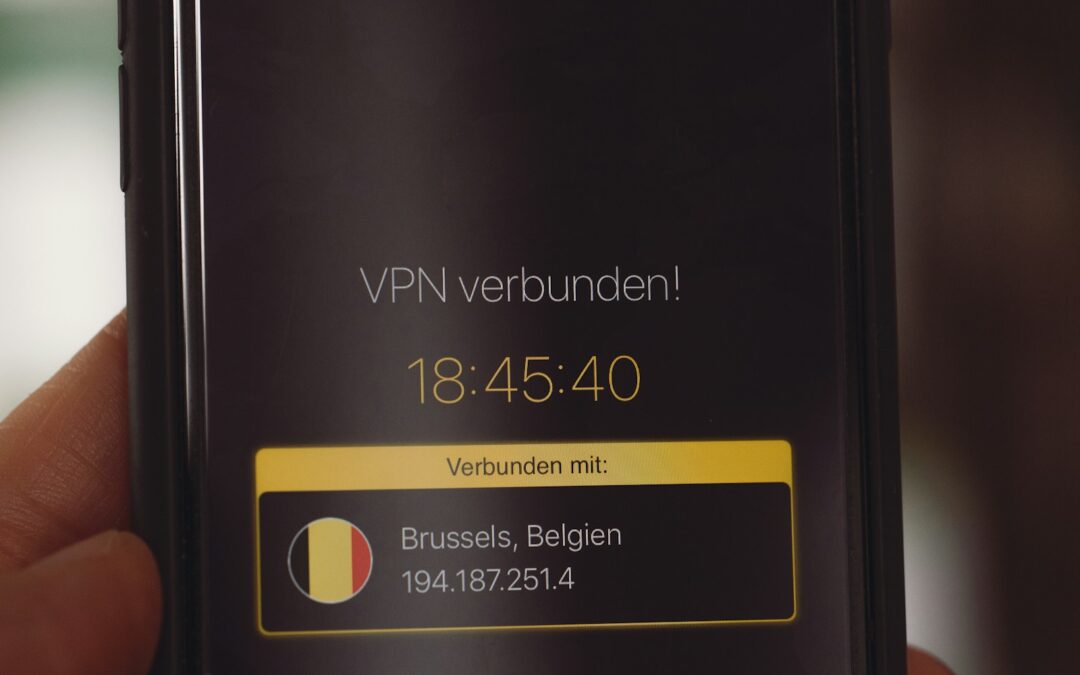The Role of Secure Multi-Party Computation in Enhancing IoT Privacy
Understanding Secure Multi-Party Computation in IoT
Secure Multi-Party Computation (SMPC) in IoT data analytics is a cutting-edge approach that ensures privacy during collaborative data processing, especially in regions like Saudi Arabia and the UAE, where technological advancements are rapidly embraced. As IoT networks continue to expand, they generate vast amounts of data that often require analysis across multiple parties. SMPC allows this data to be analyzed collaboratively without exposing the raw data to any of the participating entities, ensuring that privacy is maintained even in complex, multi-party environments.
At its core, SMPC is a cryptographic protocol that enables multiple parties to jointly compute a function over their inputs while keeping those inputs private. This means that even though the parties work together to analyze the data, none of them can see the others’ data. In IoT applications, this is particularly valuable in scenarios where sensitive data, such as personal health information or financial records, must be processed across different organizations or devices without compromising privacy.
The significance of SMPC in IoT ecosystems cannot be overstated. As smart cities like Riyadh and Dubai implement IoT solutions to manage public services, the ability to analyze data collaboratively while maintaining privacy is crucial. For instance, in a smart healthcare system, multiple hospitals may need to analyze patient data collectively to improve treatment protocols. SMPC ensures that while the analysis is conducted, patient confidentiality is preserved, which is essential for complying with stringent data protection regulations in these regions.
Key Principles of Secure Multi-Party Computation
To effectively implement SMPC in IoT data analytics, it is essential to understand its key principles. The first principle is data privacy. SMPC ensures that each party’s data remains confidential throughout the computation process. This is achieved by encrypting the data and only allowing the decryption of the final result, not the individual inputs. This principle is critical in IoT environments where data privacy is paramount, such as in financial services or healthcare, where sensitive information is regularly processed.
Another crucial principle of SMPC is decentralization. Unlike traditional data processing methods that rely on a central authority to manage and analyze data, SMPC operates in a decentralized manner. Each party involved in the computation retains control over their data, and the computation is carried out in a distributed fashion. This decentralized approach enhances security by reducing the risk of a single point of failure, which is particularly important in IoT networks that span across various sectors and regions, including Riyadh and Dubai.
Collaboration without trust is the third fundamental principle of SMPC. In traditional collaborative environments, parties must trust each other not to misuse their data. However, SMPC eliminates the need for such trust by ensuring that no party can access the data of others, even if they are involved in the same computation process. This principle is invaluable in competitive industries where organizations need to collaborate on data analytics without exposing their proprietary or sensitive information to competitors.
Implementing SMPC in IoT Data Analytics
Implementing SMPC in IoT data analytics requires a strategic approach that takes into account the specific needs and challenges of the organization. The first step is to identify the data sets that require collaborative processing and determine the parties involved. In a smart city project in Dubai, for example, this could involve multiple government agencies and private sector partners who need to collaborate on data analytics to improve city services. Once the parties and data sets are identified, the appropriate SMPC protocols can be selected and implemented.
Another important consideration is the computational efficiency of SMPC. While SMPC provides robust privacy protections, it can be computationally intensive, which may impact the performance of IoT systems. To address this challenge, organizations should invest in optimizing their SMPC protocols and infrastructure to ensure that the computation is both secure and efficient. In regions like Saudi Arabia and the UAE, where large-scale IoT projects are being deployed, balancing privacy with performance is key to the successful implementation of SMPC.
Furthermore, organizations must ensure that their teams are trained in the principles and practices of SMPC. This includes educating employees on how SMPC works, the benefits it provides, and how to integrate it into existing IoT data analytics workflows. Executive coaching services can play a critical role in this process by providing tailored training programs that enhance the skills and knowledge of business leaders and their teams. By fostering a deep understanding of SMPC, organizations in Riyadh, Dubai, and beyond can leverage this technology to enhance their IoT security and data privacy.
Strategic Advantages of SMPC in IoT Networks
Enhancing Data Privacy and Security
The strategic advantages of SMPC in IoT networks are profound, particularly in the context of data privacy and security. In an era where data breaches and cyber threats are on the rise, SMPC offers a robust solution for protecting sensitive information during collaborative processing. By ensuring that no party has access to the full data set, SMPC minimizes the risk of data leaks and unauthorized access, which is crucial in high-stakes environments like financial services and healthcare in Saudi Arabia and the UAE.
Moreover, the decentralized nature of SMPC reduces the vulnerability of IoT networks to cyber-attacks. Traditional centralized systems are often targeted by attackers because compromising a central authority can grant access to vast amounts of data. In contrast, SMPC’s decentralized approach means that even if one party is compromised, the attacker cannot access the full data set. This added layer of security is particularly valuable in IoT networks that manage critical infrastructure in smart cities like Riyadh and Dubai.
Supporting Compliance with Data Protection Regulations
Compliance with data protection regulations is a significant concern for organizations operating in regions with stringent privacy laws, such as the UAE. SMPC provides a powerful tool for ensuring compliance by enabling secure data processing without exposing sensitive information. For example, in the healthcare sector, SMPC can be used to analyze patient data across multiple hospitals while ensuring that the data remains encrypted and compliant with regulations like the UAE’s Data Protection Law.
Furthermore, SMPC supports the principles of data minimization and purpose limitation, which are central to many data protection regulations. By only allowing the computation of specific, necessary data, SMPC helps organizations avoid the pitfalls of over-collecting or misusing data, thus aligning with regulatory requirements. This not only protects the organization from legal repercussions but also builds trust with customers and stakeholders, who are increasingly concerned about how their data is used.
Driving Innovation and Collaboration
In addition to enhancing privacy and compliance, SMPC fosters innovation and collaboration across industries. By enabling secure data sharing and analysis, SMPC allows organizations to collaborate on projects that would otherwise be impossible due to privacy concerns. In the context of smart cities, for example, SMPC can facilitate collaboration between public and private sectors, driving innovation in areas like transportation, energy management, and public safety.
Moreover, the ability to collaborate securely without exposing sensitive data encourages cross-industry partnerships, which can lead to the development of new technologies and services. For businesses in Riyadh, Dubai, and other innovation hubs, this collaborative potential is a significant competitive advantage. By leveraging SMPC, organizations can unlock new opportunities for growth while maintaining the highest standards of data privacy and security.
In conclusion, leveraging secure multi-party computation in IoT data analytics is essential for ensuring privacy during collaborative processing. For businesses in Riyadh, Dubai, and beyond, adopting SMPC offers strategic advantages in enhancing data privacy, supporting regulatory compliance, and driving innovation. With the right implementation strategies and support from executive coaching services, organizations can effectively integrate SMPC into their IoT networks, paving the way for secure and collaborative data analytics in the digital age.
—
#SMPC #IoTDataAnalytics #DataPrivacy #CollaborativeProcessing #Cybersecurity #SecureComputing #AI #Blockchain #ExecutiveCoaching #Leadership #DubaiTech #RiyadhInnovation













